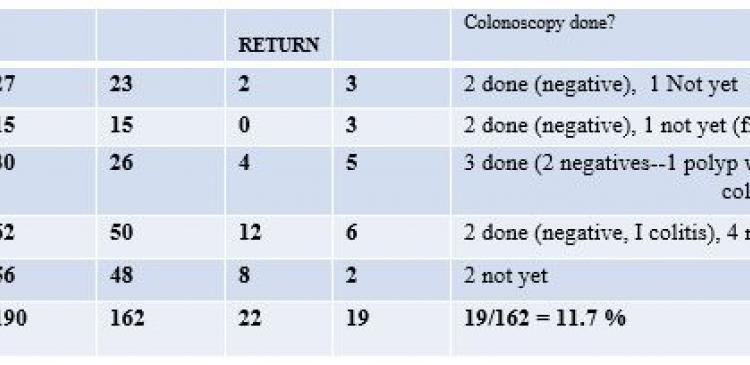Participants mingling in an eco-green environment before the talk intervention.
A cancer community project for promoting cancer awareness and provision of supportive therapeutic activities was held at section 16, Petaling Jaya, Malaysia as a community-house through voluntary services. Branded as the KeepAble Cancer community, this project was an academician-led initiative developed over the last four years to provide some supportive care to lonely post cancer survivors in the community, and also to promote cancer awareness through healthy lifestyle activities. With the community-project, its founder hoped to redirect unnecessary traffic of post-treatment cancer survivors returning to the clinics/hospitals for the slightest discomforts and after-effects from the previous cancer treatments. Thus the mission for KeepAble was to provide post-treatment cancer survivors with some supportive therapy via community activities once a week over the weekends. The rationale being, after active cancer treatment, and regardless of cancer types, survivors need to self-manage the same daily occupational performance tasks. Thus, it makes sense to gather them together under one roof, as compared to various cancer-specific groups and associations.
The CATI (Colon-cancer Awareness Talk Intervention) pilot Study on colorectal cancer awareness is a collaboration between Assoc. Prof. Dr. Loh Siew Yim and Prof. Dr. April Camillia, and communities such as, Qineng qigong, Petaling Jaya and Taman Tun Dr Ismail Resident Associations. The pilot study was conducted from October 2016 till April 2017 as a free initiative on cancer awareness to the community folks living around Petaling Jaya, an urban city with a multi-ethnic population. The study aims to investigate compliance and uptake in percentage of compliance to the immunochemical based Fecal Occult Blood test (IFOBT) screening in a pilot sample of 200 subjects.
The participants were invited to attend a community talk on colorectal and importance of screening via online media like Facebook and the STAR newspaper. After the talk, they were given a IFOBT kit and instructed to return the kit within three days. The research assistant did a quick immunochemical-based FOBT (IFOBT) screening test, and measured the return of kits as positive behaviors in screening (an indicator of the effectiveness of CATI). For those tested with positive immunochemical-based FOBT (IFOBT), an expedite follow-up for colonoscopy was arranged, either in public or private hospital.
There were 5 batches of colon screening with an average of 38 participants per batch. A total of 162 participants returned their kits within three days, while 38 did not return the kit. Out of those who returned their kits, 11.7% were tested positive for IFOBT. The participants (n=9) who went for further colonoscopy follow-up returned with negative results for colorectal cancer. The remainder (n=10) are either still waiting for appointment which can take a minimum of 6 weeks or more (if it’s with a public hospital), financial implications (if it’s private hospitals), and/or fear of colonoscopy, with fear of a diagnosis of cancer.
Lessons learnt:
Colon screening offered free, at community site, may still not received good response because of many reasons which includes poor strategy of information dissemination, psychosocial barriers, cultural barriers and logistic barriers. Cancer is still a fearful topic despite better treatment. As prevention is cost effectively better than cure, more community- engagements needs to be incorporated to reach the communities for earlier detection and cancer awareness. More studies are still needed to understand cancer and the community.
For more information about the study, kindly contact:
Assoc. Prof. Dr. Loh Siew Yim
Department of Rehabilitation Medicine
Faculty of Medicine, University of Malaya, 50603 Kuala Lumpur, Malaysia.
Email: [email protected]





